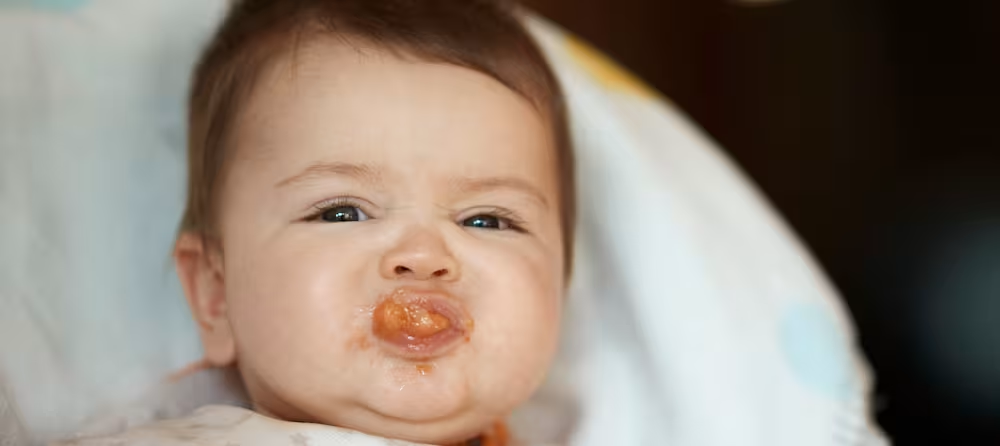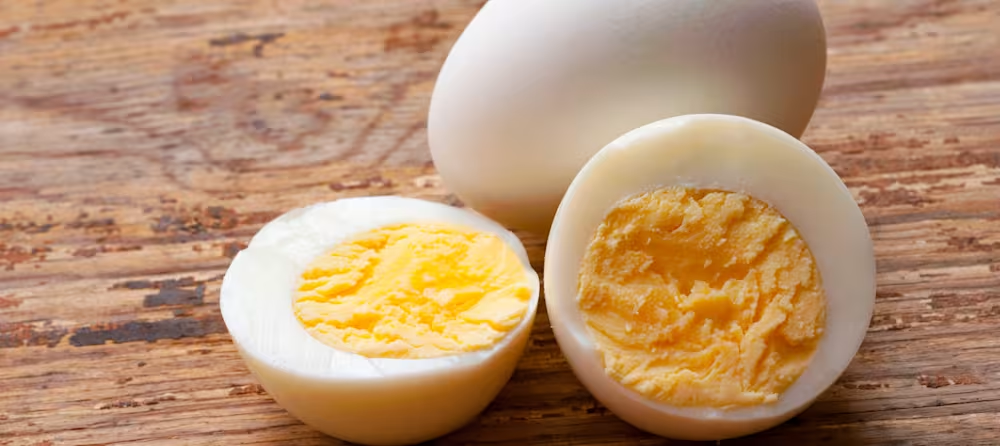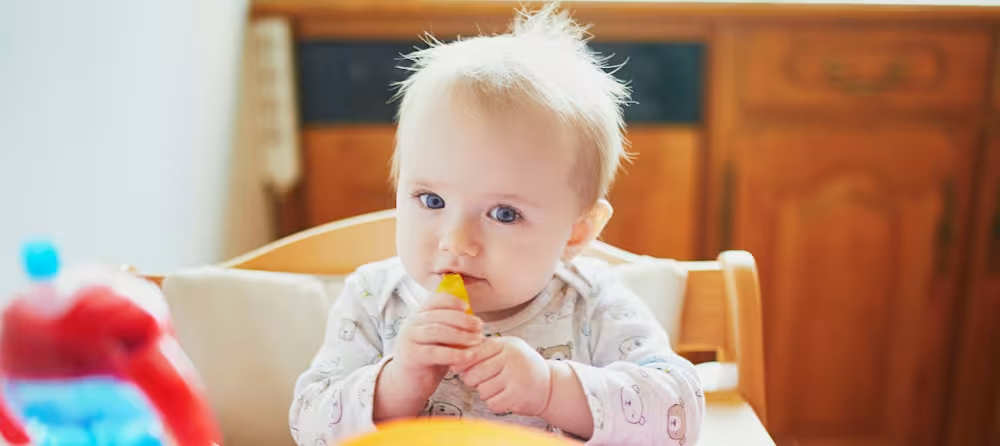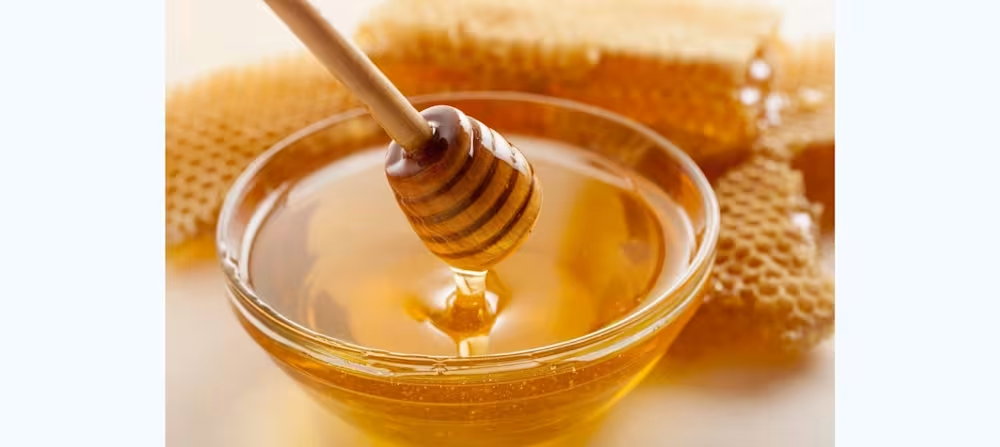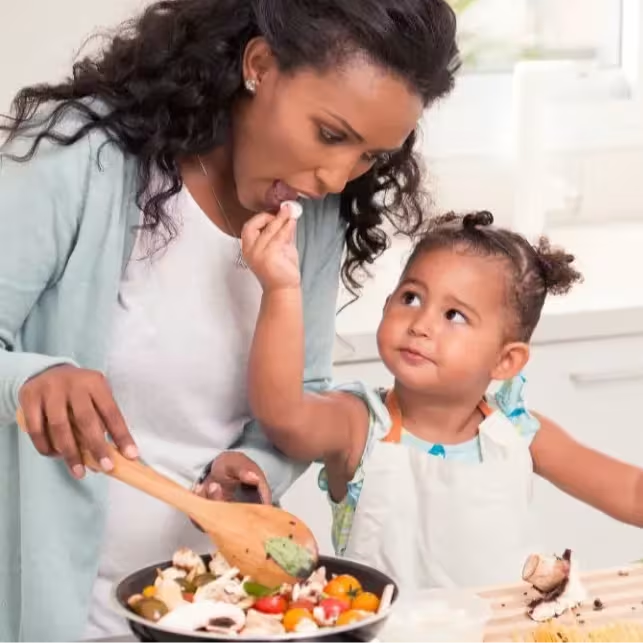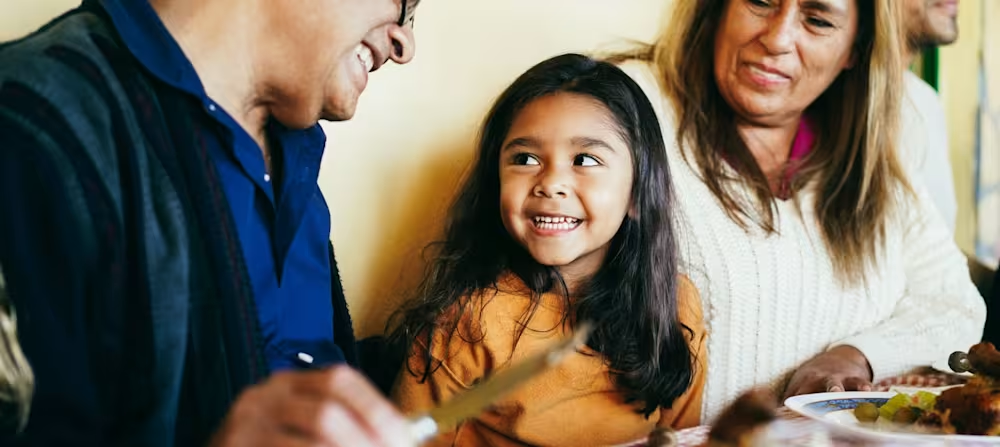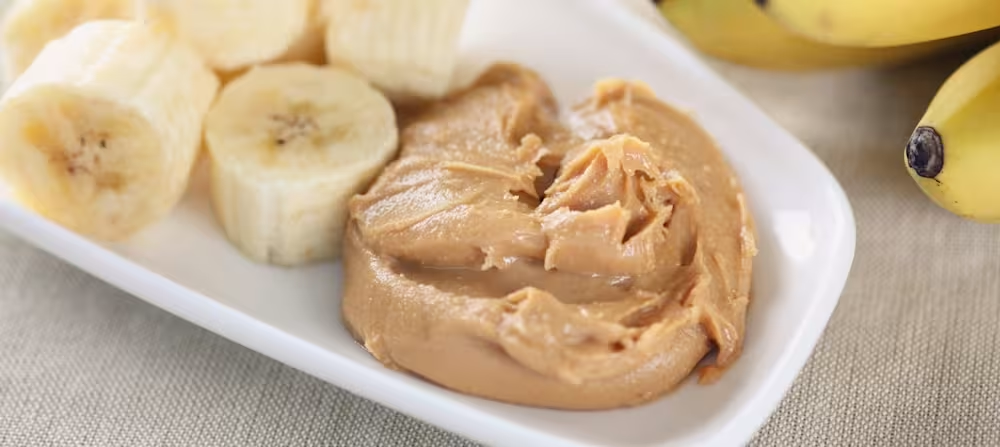Beans for babies: When can babies eat beans?
Updated Jan 12, 2026

Beans are a staple in the diets of many people around the world and have been for years. From refried beans in Mexico to hearty soups in Italy, beans are versatile, widely available, and easy to prepare. And yes, your baby can enjoy beans too! This article will highlight when to serve babies beans, their health benefits, and how to serve them.
Can babies have beans?
Yes! Babies can begin eating beans when they around 6 months of age, either by or by introducing - or both. Make sure all beans are cooked well and have a soft texture. Both dry beans and canned beans can be made for babies. If using canned beans, choose a low-sodium variety if possible and rinse well before serving.
Are beans healthy for babies?
Beans are an incredibly nutritious food for babies! They provide fiber and plant-based protein as well as a variety of vitamins and minerals needed to support optimal growth and development. Beans are also easy-to-cook and affordable making them a great choice for busy parents.
Beans nutrients for babies
While specific nutrition information varies slightly depending on the specific type of bean, all beans are nutrient-rich. A half-cup serving of beans provides around 6 to 9 grams of protein and 5 to 10 grams of fiber. For reference, babies typically need 9 to 11 grams of protein per day and about 5+ grams of fiber per day.
Additionally, beans are iron-rich, making them ideal for babies around 6 months. At this age, babies start to need dietary sources of iron to properly grow. Beans also provide important minerals such as potassium, phosphorus, and magnesium as well as B vitamins.
When can babies eat beans?
Can babies between 6 to 9 months old eat beans?
Babies between 6 to 9 months can eat beans of all types. If using canned beans, try to purchase low-sodium. Make sure they are well-cooked and soft before serving to your baby. Squish gently between your fingers for baby-led weaning or mashed up as a puree at this age.
Can babies between 9 and 12 months old eat beans?
Yes — babies 9 - 12 months old can continue to eat beans. Continue to opt for soft, well-cooked, low-sodium varieties. Beans make a great finger food at this age once the pincer grasp is established.
Can babies over 12 months old eat beans?
Definitely! Babies over 12 months old can eat beans and may begin to enjoy more mixed dishes at this age. Think red beans and rice, soups, or chilis. Many babies enjoy dipping foods like pretzels or veggies into hummus or other bean dips.
How to introduce beans to your baby
Beans can be eaten in a lot of different ways! They can be prepared on their own, mixed into soups or salads, or made into dips. Your baby can enjoy beans as long as they are prepared appropriately for the age and feeding level.
Serving beans for baby-led weaning
Beans are great . Try gently squishing them between your fingers to make them easier to pick up. They can also be served in hummus or another bean dip by spreading it thinly on toast or a cracker.
Serving as a puree
Beans are naturally soft so it’s simple to turn them into a puree. You can make a thin puree by blending beans or a thicker puree by mashing with a fork. Add water, olive oil, or melted butter to help thin out the texture if desired.
Recipe idea for beans for babies
You can serve beans in a lot of different ways, including in any recipes your family already enjoys! If you are looking for some ideas, check out this or whip up a batch of these (they’re made with chickpeas!).
Are beans a common allergen?
Beans are not one of the common allergens, although peanuts—another legume—are. However, eating beans may cause digestive side effects such as gas or bloating in some babies due to their high fiber and oligosaccharide (a type of carbohydrate) content. If you notice your baby seems uncomfortable after consuming beans, try reducing the portion served or serving them less often. As always, if you have any concerns, contact your pediatrician.
Are beans a choking hazard?
Beans are not considered a high-risk choking food, but it’s always important to serve food in a safe and appropriate way. Since some beans have a spherical shape, it’s recommended to lightly squeeze or mash them before serving. Additionally, ensure all beans are soft before serving. When making a puree or dip, it may be helpful to check for large pieces of skin which may be hard to chew for a new eater.
Takeaway
Beans are safe to serve from the start of solids: Babies can eat well-cooked, soft beans beginning when they’re around 6 months old, whether you’re offering purees, baby-led weaning foods, or a mix of both.
They’re a nutrition powerhouse: Beans provide fiber, plant-based protein, and iron — nutrients that are especially important as babies’ needs pivot around the start of solids.
Preparation matters more than the type: Any bean can work as long as it’s fully cooked, low in sodium, and served in a soft, mashable shape or texture.
Beans grow with your baby: From mashed beans and purees to finger foods, dips, soups, and mixed dishes, beans are easy to adapt as feeding skills develop.
Expect a little gas: Because beans are high in fiber, some babies may experience mild bloating and gas, but adjusting portions or frequency usually helps.
Share article:
Note: The content on this site is for informational purposes only and should not replace medical advice from your doctor, pediatrician, or medical professional. If you have questions or concerns, you should contact a medical professional.
Share article:
